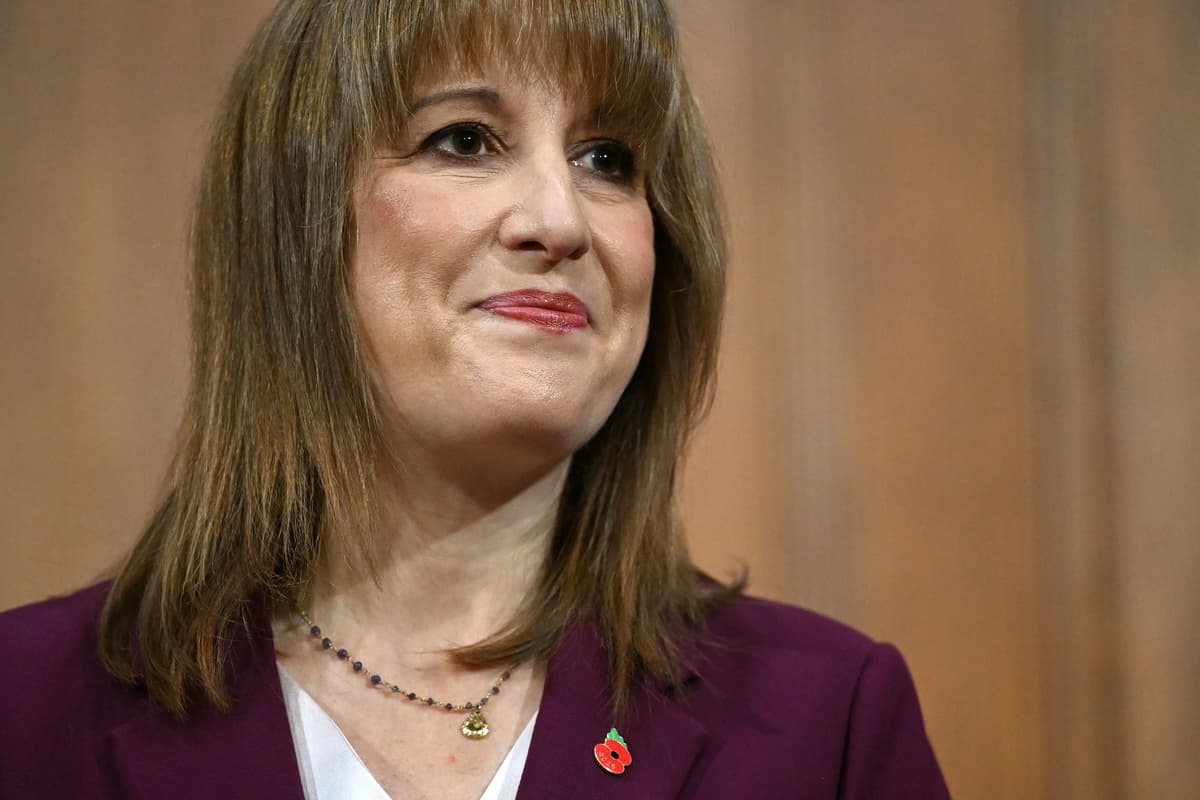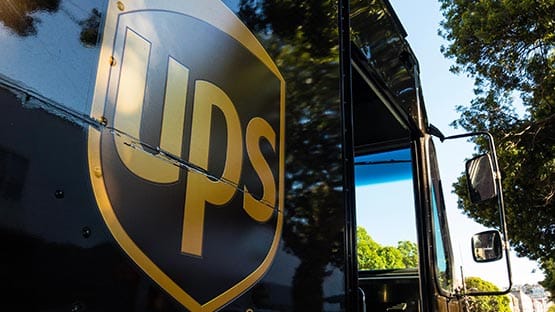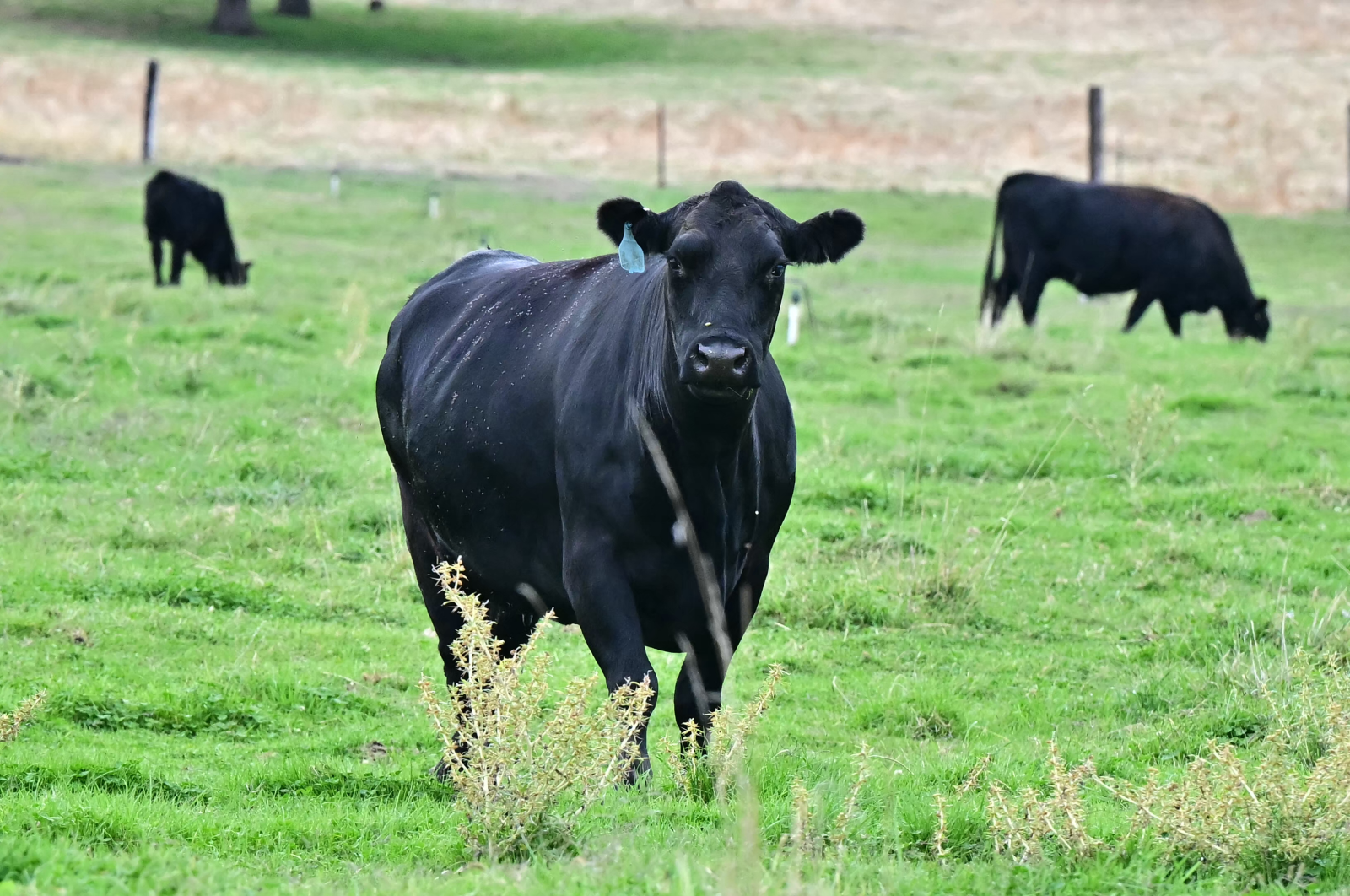Copyright scotsman

Chancellor Rachel Reeves has warned that “each of us must do our bit” ahead of the Autumn Budget on November 26, signalling possible tax risesA £50 billion gap in the public finances means Reeves may have to break Labour’s pledge not to raise income tax, National Insurance or VATEconomists predict a 2p rise in the basic rate of income tax, costing the average worker about £400 a yearWhile wealth taxes remain under review, experts say ordinary earners are unlikely to escape untouchedReeves insists any increases are needed to stabilise the economy and avoid austerity, even if they prove politically risky Britons are bracing for potential tax hikes later this month after Chancellor Rachel Reeves warned that “each of us must do our bit” to help stabilise the UK economy. With the Autumn Budget set for November 26, speculation is mounting that the government will break its election pledge not to raise income tax, National Insurance or VAT, and that the financial burden could extend beyond the wealthy. Reeves faces what economists are calling one of the toughest fiscal tests in recent memory. The Office for Budget Responsibility (OBR) is expected to downgrade forecasts for productivity and growth, leaving a significant hole in the public finances. Meanwhile, the National Institute of Economic and Social Research (NIESR) estimates a £50 billion shortfall that must be filled to meet the Chancellor’s own fiscal rules. In a Downing Street speech on November 4, Reeves prepared voters for difficult choices, saying that the Budget will “do what is necessary to protect families from high inflation and interest rates, to protect our public services from a return to austerity and to ensure that the economy that we hand down to future generations is secure with debt under control.” Though she ruled out deep spending cuts or further borrowing, that leaves one major lever to pull: tax hikes. She added: “If we are to build the future of Britain together, we will all have to contribute to that effort. Each of us must do our bit for the security of our country and the brightness of its future.” But what tax increases can be expected to be announced in the upcoming Budget? Will they be confined to only the wealthy, or will they affect take-home pay and the everyday finances of ‘ordinary’ Brits? Here is everything you need to know about it: Could income tax rise for the first time in 50 years? The biggest question hanging over the Budget is whether Reeves will raise the basic rate of income tax, something no Chancellor has done in half a century. Economists at NIESR believe this is now “the least bad option” for restoring the public finances, suggesting a 2p rise in the 20% basic rate as the minimum necessary step. Such a move could raise around £20 billion a year, while an additional 5p rise on the higher 40% rate could bring in another £10 billion. Together, these increases would cover much of the fiscal gap, but they would come at a price, trimming about one percentage point off economic growth next year and leaving many households with less disposable income. For the average worker on £35,000 a year, a 2p increase would mean roughly £400 less in take-home pay annually. That’s money that could otherwise go towards rising mortgage costs, groceries, or energy bills, all of which remain higher than pre-pandemic levels. Will tax increases just target the wealthy? Labour’s election manifesto promised not to raise taxes “for working people,” a phrase that Reeves herself has said was widely understood to exclude income tax and National Insurance. But her recent comments have blurred that line. By saying “we will all have to contribute,” Reeves has signalled that the coming tax changes may not be confined to the rich. While wealth taxes, such as tightening capital gains thresholds or reforming inheritance tax, are still on the table, they alone would not raise enough revenue to close a £50 billion gap. That makes it increasingly likely that ordinary earners will shoulder at least part of the burden. Could VAT or other taxes be hit instead? Alternative options include raising VAT or corporation tax, but both carry drawbacks. Increasing VAT would push up prices as households continue to hope to recover from the cost-of-living crisis, while higher corporation tax could deter investment at a time when the UK is already struggling to attract business growth. As such, economists believe Reeves will avoid inflationary moves like VAT hikes, focusing instead on personal taxation, while offering some offsetting reliefs elsewhere. One reported measure would be a cut to green levies on energy bills, expected to reduce the average household bill by about £170 a year. The move could help blunt the public backlash from any tax increases and demonstrate that the government is still acting to ease living costs. What it means for your wallet Even with such offsets, any rise in income tax would mean less money in people’s pockets, at least in the short term. But Reeves and her allies argue that stabilising public finances now could pave the way for lower interest rates, reduced debt costs, and a stronger economy over the long run. Officials also hope falling inflation and the prospect of Bank of England rate cuts next year will help ease the financial strain on households, particularly mortgage holders. It’s a political gamble Breaking a manifesto promise would be politically risky for Reeves, with critics accusing her of betraying voters and “hammering working people.” But she insists that doing what is “right, not what is popular” is the only path to sustainable growth. For now, the message from the Treasury is clear: tax rises are coming, and while the wealthy may pay more in absolute terms, ordinary Britons are unlikely to escape untouched.



